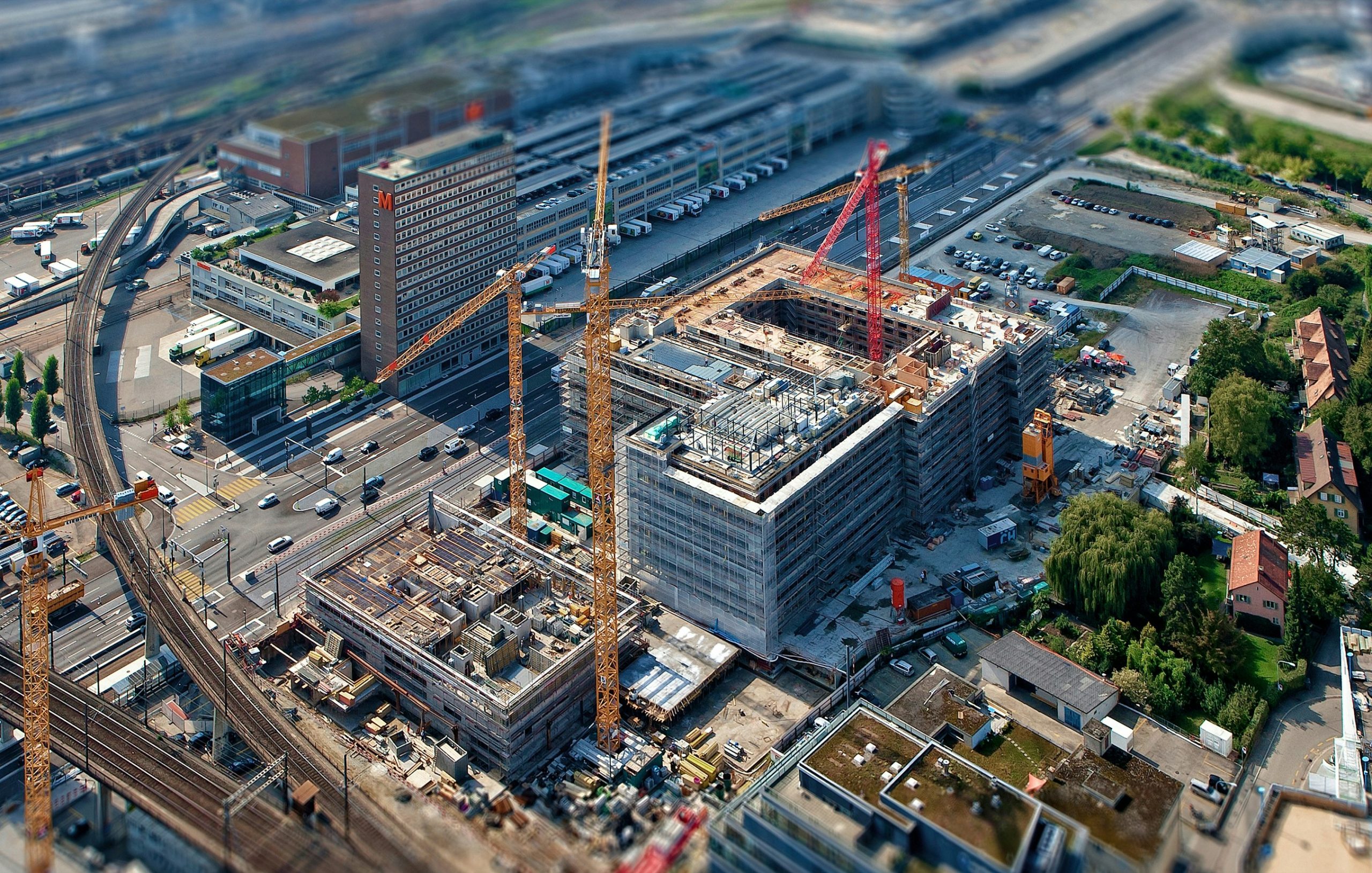Solving the Approval Delay Crisis in GCC Construction
Approval delays in construction projects across the Gulf Cooperation Council (GCC) region can create significant challenges. The involvement of strict regulatory compliance, the permitting process, and frequent design changes often lead to a cascading effect causing project timelines to stretch significantly. Understanding these challenges and addressing them effectively is key for successful construction project management.
Understanding the Challenges of Approval Delays
One of the primary obstacles faced in GCC construction is navigating the complex layers of regulatory compliance. Adhering to stringent standards set by authorities, such as those outlined by the Global Carbon Council’s GCC 2.0 program, poses significant bureaucratic workload that can easily lead to delays. Furthermore, changes in design and specifications for projects amplify the challenges; a practical example includes the Gualala Community Center project where design alterations postponed project starts.
Moreover, the permitting process can considerably extend timelines, especially in regions governed by strict environmental regulations. Delays can add 18-24 months to secure necessary approvals, thus affecting the financial outcome of the entire project.
Statistics and Trends Affecting Construction Timelines
Data reveals that iterative review processes also add to the timeline crises. Under the GCC 2.0 framework, the requirement for completion of approvals within three review cycles is a directive; however, each cycle can consume significant time, leading to delays that cascade through the project lifecycle. Financial losses are another vital concern, as delays not only elongate project durations but can also lead to increased costs due to inflation, tariffs, and unforeseen supply chain disruptions.
Causes of Approval Delays
Several external factors play a significant role in the approval delay dilemmas. Geopolitical tensions and economic uncertainties create an environment fraught with risk for construction projects in the GCC. Additionally, labor shortages and ongoing supply chain disruptions, while not directly tied to approval processes, can detrimentally affect overall project timelines, indirectly prolonging the approval phases.
Innovative Solutions and Best Practices
Legislative Initiatives
To combat these persistent approval delays, some proposed legislative reforms aimed at streamlining decision-making processes have been emerging. These initiatives focus specifically on crucial elements like energy and transit, which are vital triggers for permits and approvals in the construction sector.
Advanced Technology
Incorporating advanced technologies such as AI, blockchain, and IoT into the construction sector has the potential to revolutionize the approval process. These innovations facilitate greater transparency, enhance security, and optimize operational efficiency, reducing the bureaucratic labyrinth often associated with approvals. Moreover, utilizing construction project management software, like that offered by Zepth, is pivotal in combating these bottlenecks, helping teams streamline the approval process and reduce bureaucratic workload.
How Zepth Can Help
At the forefront of tackling approval delays, Zepth’s construction project management software plays a critical role. It empowers teams by automating workflows and ensuring compliance with regulatory requirements. Features such as Document Register allow for centralized document management and automated version control, which streamline the approval process significantly. Moreover, Zepth enhances operational efficiency, reducing time spent on iterative reviews, and mitigating delays arising from design changes or permitting concerns.
Utilizing Zepth’s Construction Progress Report tool aids in monitoring milestones, and ensures that teams have real-time data at their disposal, facilitating quicker decision-making and compliance adherence. By maintaining an effective flow of information among stakeholders, Zepth can optimize project timelines and substantially reduce delays due to approval processes, further enhancing the chances for project success.
Emerging Trends and Considerations
As the construction industry evolves, trends such as sustainability and green building are becoming paramount. Implementing environmentally friendly construction practices not only aligns projects with regulatory requirements but also enhances the overall environmental footprint, which is becoming increasingly scrutinized in approvals. Furthermore, developers must remain acutely aware of economic and geopolitical factors which can significantly alter approval processes, such as changing tariffs, tax credits, and loan approvals, affecting project feasibility.
By harnessing innovative solutions, best practices, and leveraging advanced capabilities from construction project management software like Zepth, stakeholders in the GCC construction sector can effectively mitigate approval delays while ensuring timely and cost-efficient project completion. Embracing such technology fosters a workaround for these challenges, paving the way for smoother paths in a challenging regulatory landscape.




